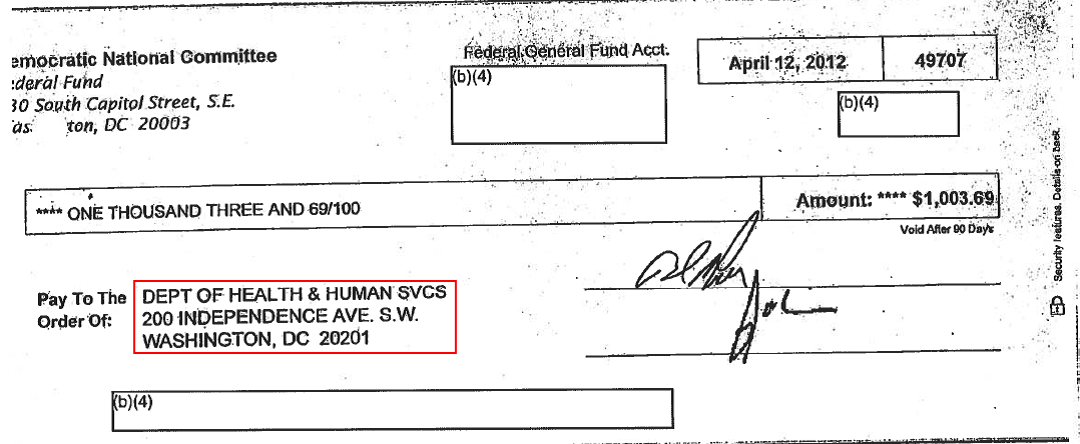FOR IMMEDIATE RELEASE
June 20, 2013
Cause of Action Memos Impugn Obama Transparency Pledge
CoA obtains previously unreleased White House Memo detailing undisclosed FOIA policies
WASHINGTON – Cause of Action (CoA), a government accountability organization, today released a previously undisclosed copy of an April 2009 White House memo sent to all Executive Department and Agency General Counsels urging them to run all third-party requests dealing with “White House equities”– including congressional and Freedom of Information Act requests (FOIA)–through the White House Counsel’s office. This memo was sent just months after the President issued his January 2009 Executive Order on FOIA and transparency, and Attorney General Eric Holder’s March 2009 memo on FOIA—both of which were made public. According to the Department of Justice this memo is still in effect.
Additionally, CoA also obtained a previously unreleased copy of a November 2010 Treasury Inspector General report, revealing two concerning aspects of how the IRS and Treasury handle FOIA requests:
- The IRS treats “major media” requests as “special review,” therefore applying an additional layer of scrutiny and slowing down the FOIA process.
- The White House may have reviewed Treasury Department FOIA productions and claimed privileges before documents were released to the requestor.
Dan Epstein, Cause of Action’s executive director, commented on the consequences of these findings:
“We are concerned that the President’s transparency pledges and removal of the Office of Political Affairs may have all been a charade to not only politicize the Freedom of Information Act but to use the White House legal office to politicize the executive branch. The White House is not an agency subject to FOIA and should have no control over the FOIA process. The White House policy violates the intent of FOIA, which requires that federal agencies promptly respond to requests. The broad claim for documents relating to “White House equities” is unprecedented.
How are we to trust an Administration that has gone after the press and politicized the nation’s most important tool for knowing what its government is up to?”
Related Documents:
Treasury Inspector General Report



